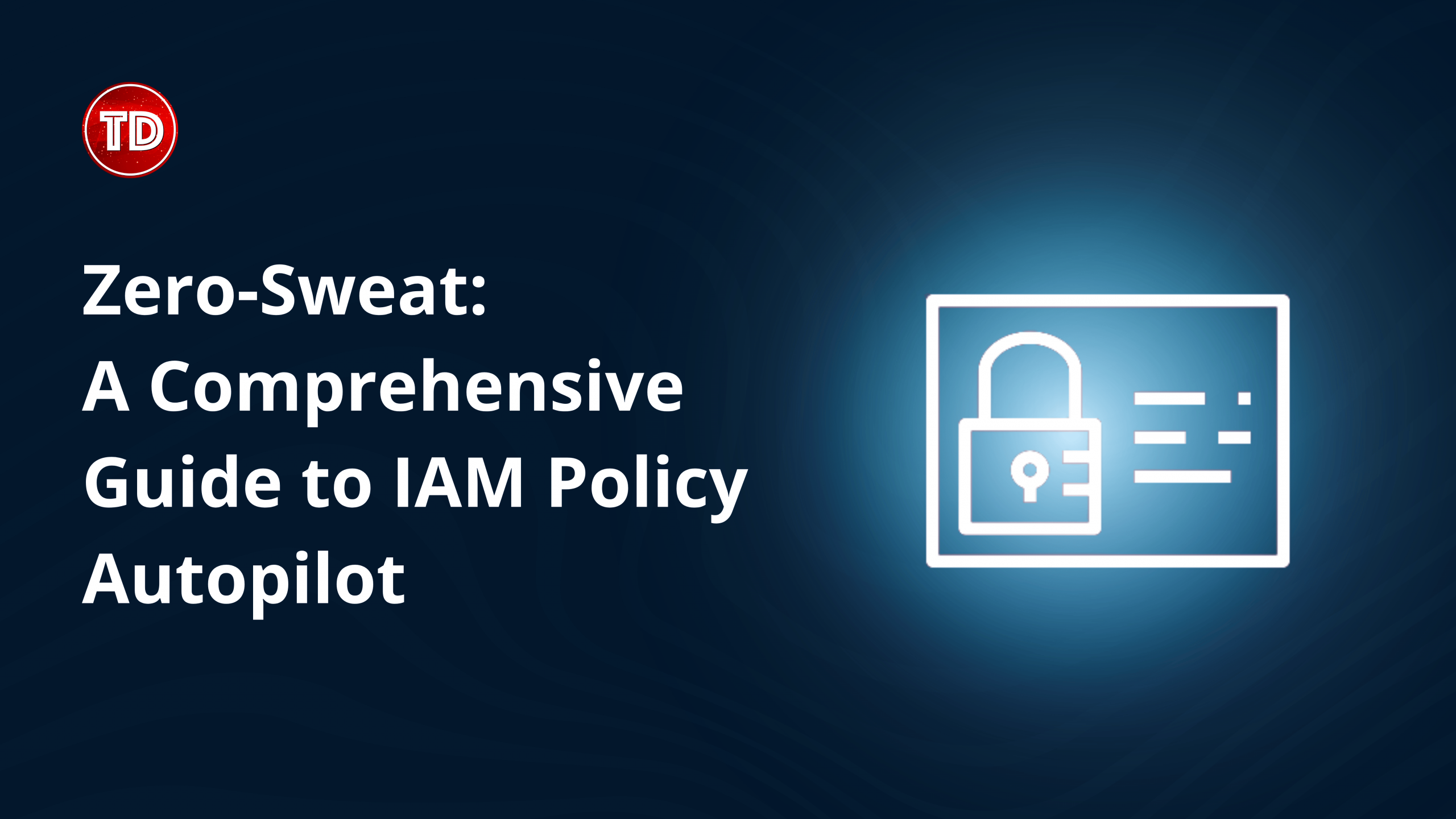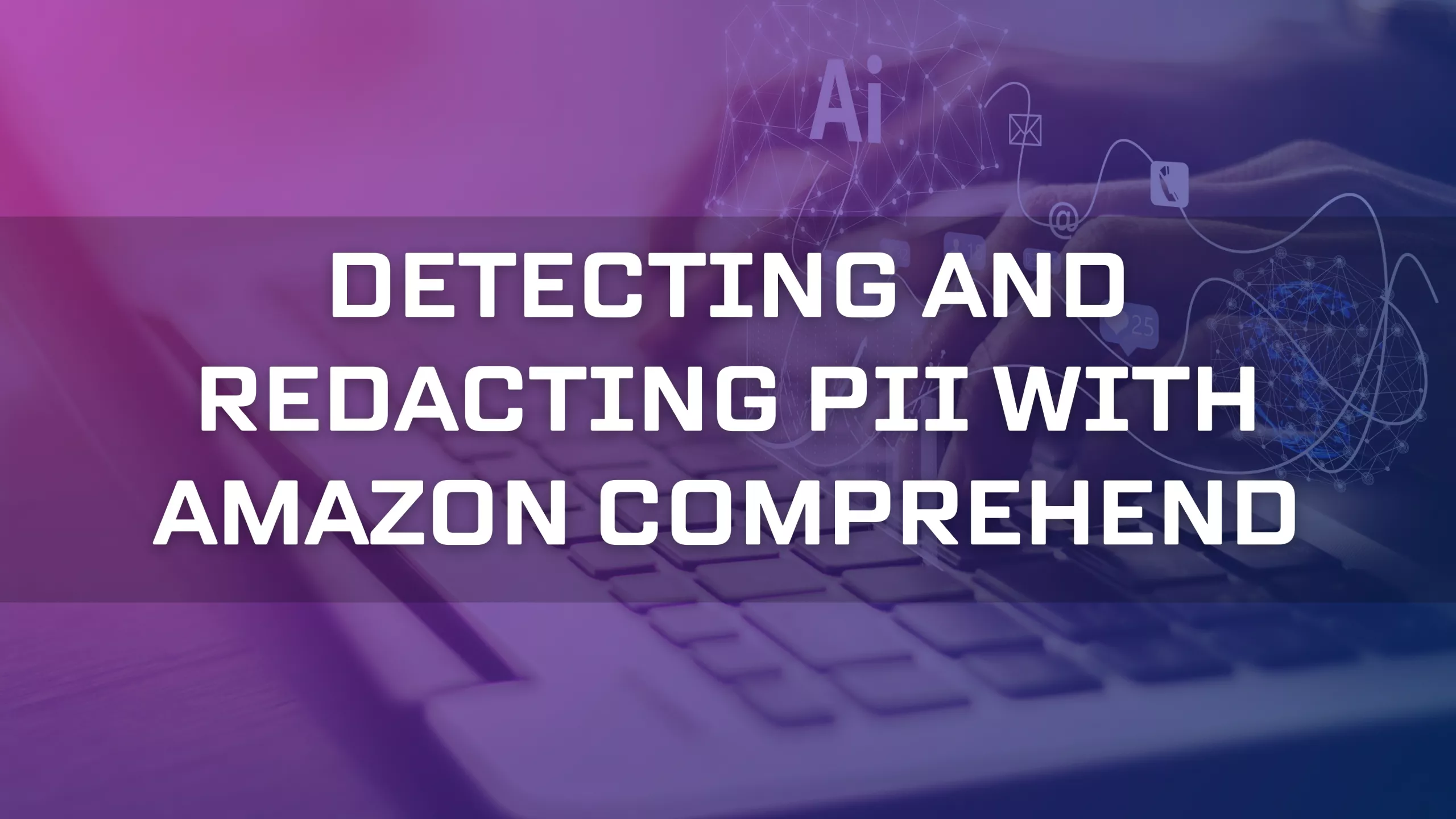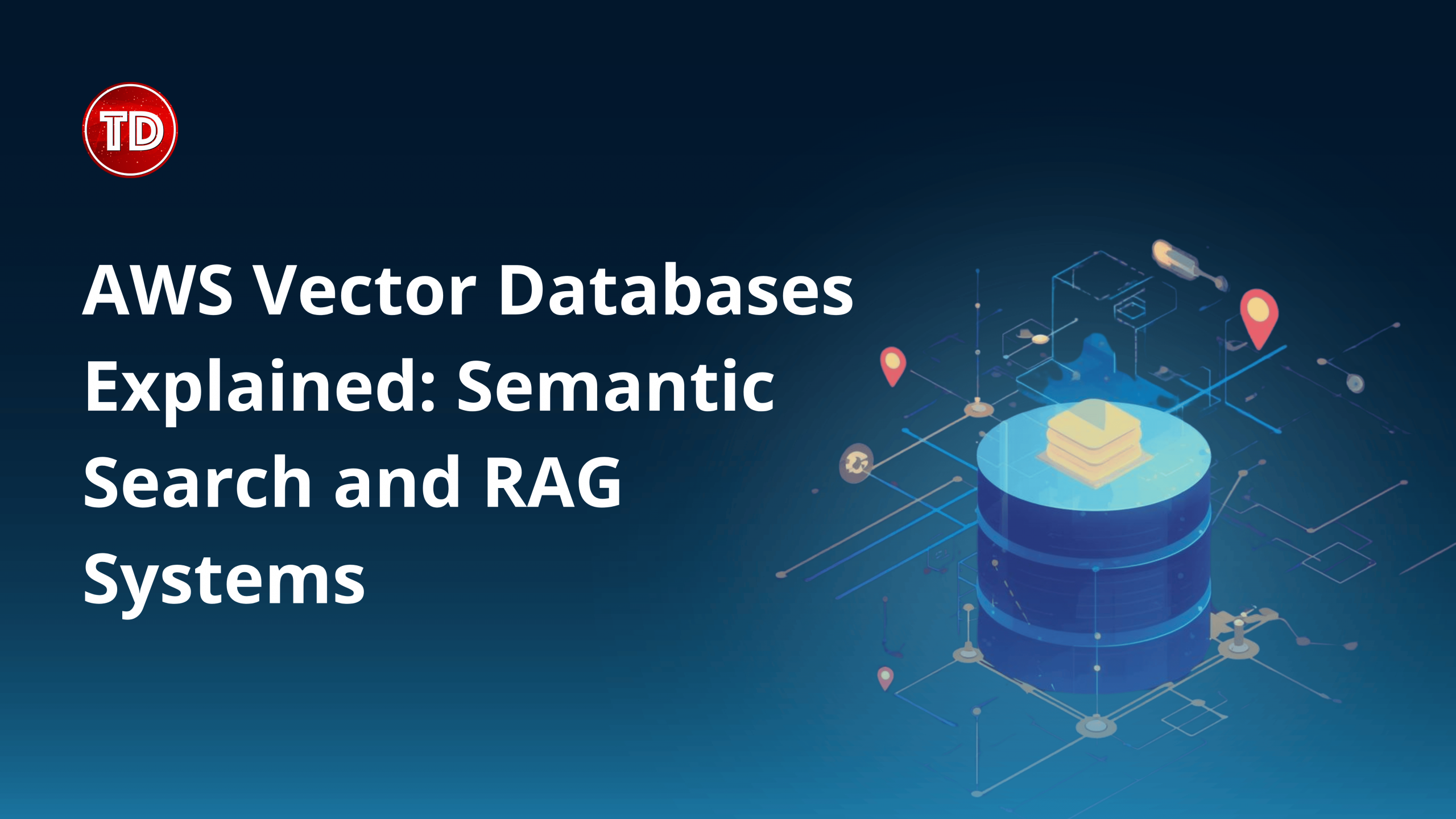AWS Agent Squad
Cristieneil Ceballos2025-12-30T14:03:07+00:00Bookmarks Key Features Use Cases How AWS Squad Agents Work Agents Supported (Built-in Agents) Core Concepts Pricing AWS Agent Squad Cheat Sheet An open-source framework for orchestrating and routing user queries across multiple specialized AI agents. It uses LLM-based intent classification to dynamically assign tasks to the best-suited agent, such as Amazon Bedrock models, Lex bots, or Lambda functions, while maintaining unified conversation context for seamless interactions. Key Features Intelligent Intent Classification: Dynamically routes queries to the most suitable agent by analyzing context and content. [...]










